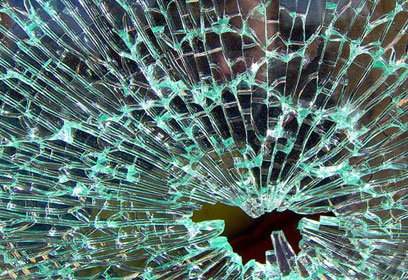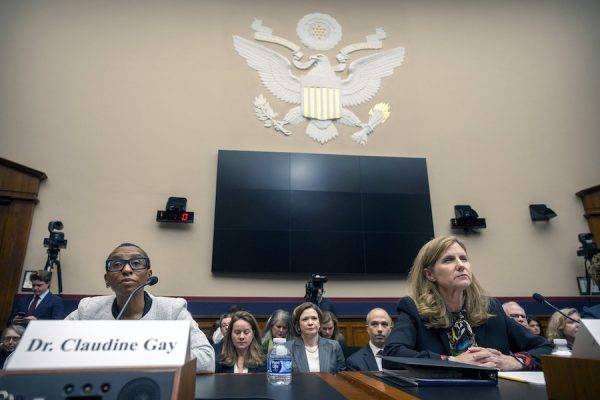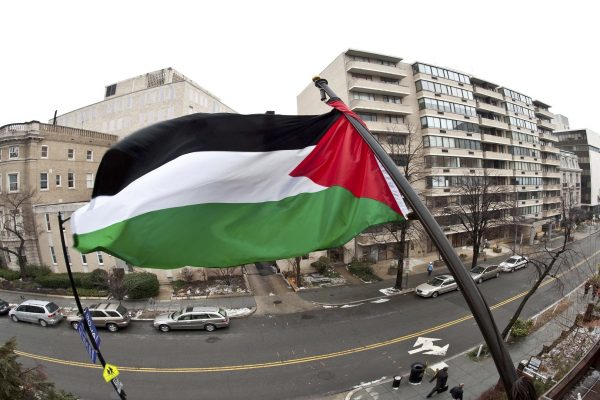I am not against using violence in self-defense. I don’t even call it violence when it’s self-defense, I call it intelligence.
—Malcolm X
The grand jury’s decision to forgo indictment of Ferguson police officer Darren Wilson in the killing of Michael Brown compels us yet again to recognize that there is more to violence than its dictionary definition.
In clinical terms, violence is physical force intended to cause injury. But when officer Wilson shot and killed Michael Brown this past August, he did not engage in violence. He engaged in self-defense. He was justified.
After the jury’s decision was announced, black Americans and their supporters, who see in the non-indictment a form of impunity, took to the streets of Ferguson and St. Louis. Their righteous indignation amounted to a “night of violence,” according to The Guardian and USA Today. KSDK, a St. Louis NBC affiliate, used a common volcanic metaphor: “Violence erupts in Ferguson: Fire, looting, arrests.” Look at any of the major news outlets—shattered store windows and overturned police cruisers. That is violence, and there need be no inquiry into its justification.
Violence is a moral category, not an act. Where aggression is presumptively unjustified, it is violent. Where it is deemed acceptable by the norms of the community in which it occurs, it is not violence.
It is perilous to extrapolate too greatly from a single case, but that peril is not at issue in Ferguson, where Brown’s shooting reflects a widespread and historically endless pattern of white lawmen, and white men acting under cover of law, injuring and killing black men without engaging in what the society calls violence. Here again, the court asked what the victim did to warrant his fate. But the political problem, which courts can’t consider, is who has access to justification.
That is another way of asking who has moral sanction to cause injury and take life, and where that sanction originates. Self-defense is a source of moral sanction, and police—because we understand their jobs to be dangerous; because they face down large black men, the very image of our collective terror—have little difficulty claiming its protection, even when they shoot before they’ve spilled any blood themselves.
Righteous indignation is not a source of justification that our society accepts. The indignation that black men feel when they are accosted by police officers is not justification for possible escalation in their encounters. Indignation will not protect those arrested last night in Ferguson from prosecution. At this time, in this place, you don’t get to use force just because you are oppressed as a matter of politics. That is considered violence, not self-defense.
In August, when law enforcement officers strapped with sniper scopes and semi-automatic rifles rolled into Ferguson on armored personnel carriers, America at large finally asked whether the police were at war with the citizens they ostensibly serve. Today the toy soldiers have retreated, but the war goes on in moral terms. It remains asymmetric.








